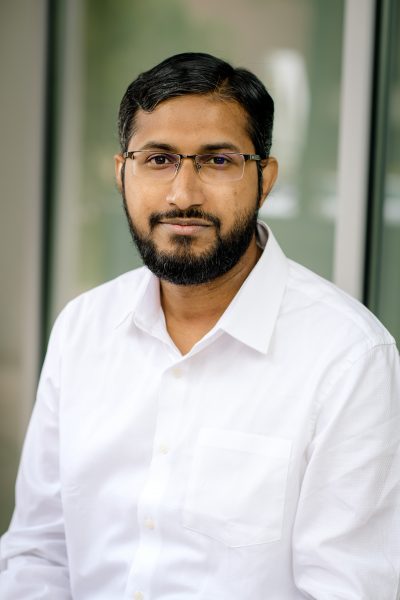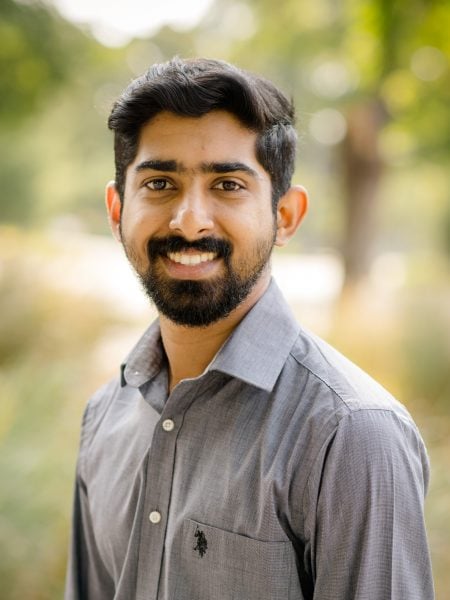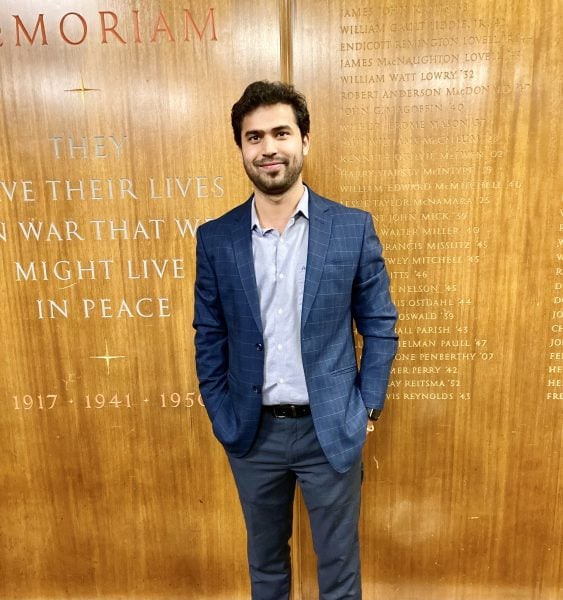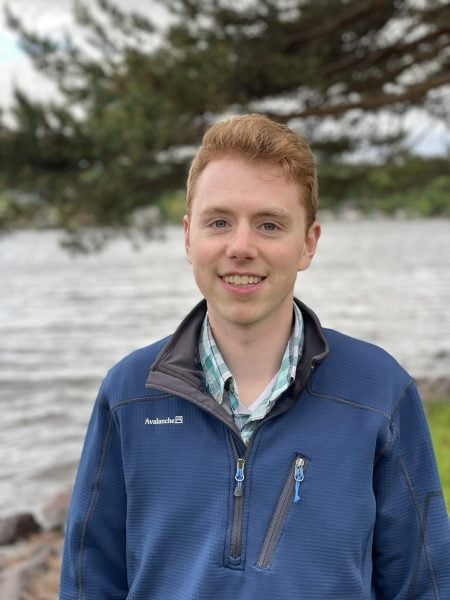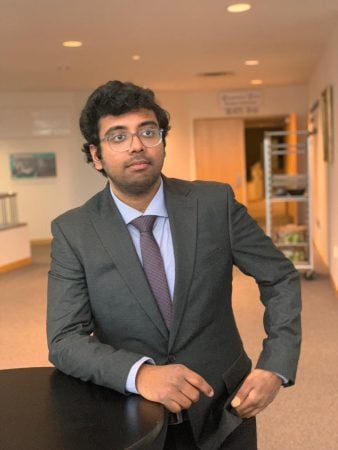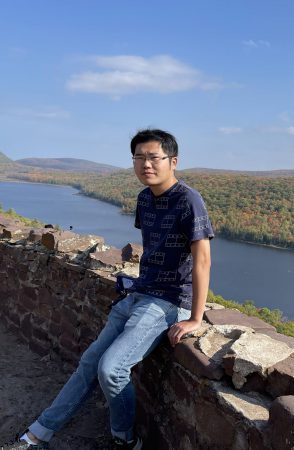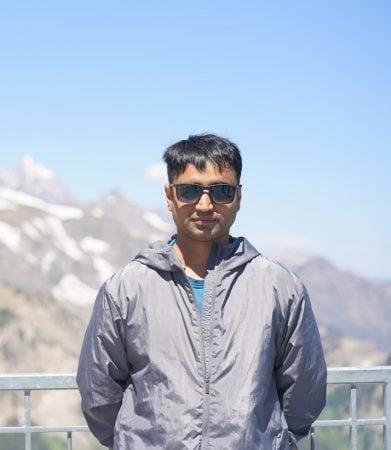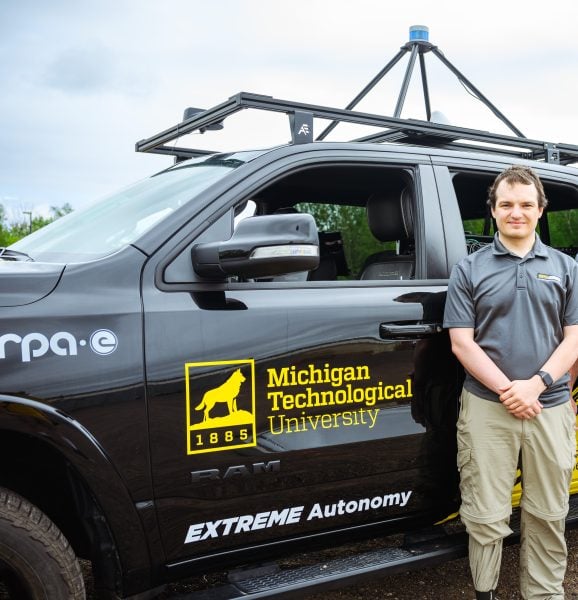
My journey at Michigan Tech started in 2012 when I earned a B.S. degree in Physics. In 2022, I started my PhD in Mechanical Engineering to apply my previous learning in Physics and Mechanical Engineering (M.S.).
My PhD research focuses on improving vehicle energy efficiency through Connected and Autonomous Vehicles (CAVs) technologies. The more knowledge the vehicle has about its environment and route, the better it can optimize its energy usage. For plug-in Hybrids, the decision of when to use the battery or fuel for propulsion can be optimized if the vehicle knows whether it will be entering or leaving a city. For Electric Vehicles, the decision on what route should be taken is informed by the true vehicle properties (passengers/cargo, external luggage) and available charging infrastructure. Through these technologies and others, our team achieved the 30% energy-saving goal in the NEXTCAR II project.
My PhD research has sent me on numerous trips for testing all around Michigan, along with trips for conferences across the country to discuss the project I am involved in. I have had the opportunity to work with partners at automotive companies and members of the Advanced Power Systems Research Center (APSRC).
As I finish my PhD, I am grateful to the Graduate Dean Awards Advisory Panel and the Dean for the opportunity that this fellowship provides. My sincere thanks to my co-advisors, Dr. Bo Chen and Dr. Jeffrey Naber, whose support and guidance have been invaluable. I look forward to applying all that I have learned at Michigan Tech in my future career in automotive research.

